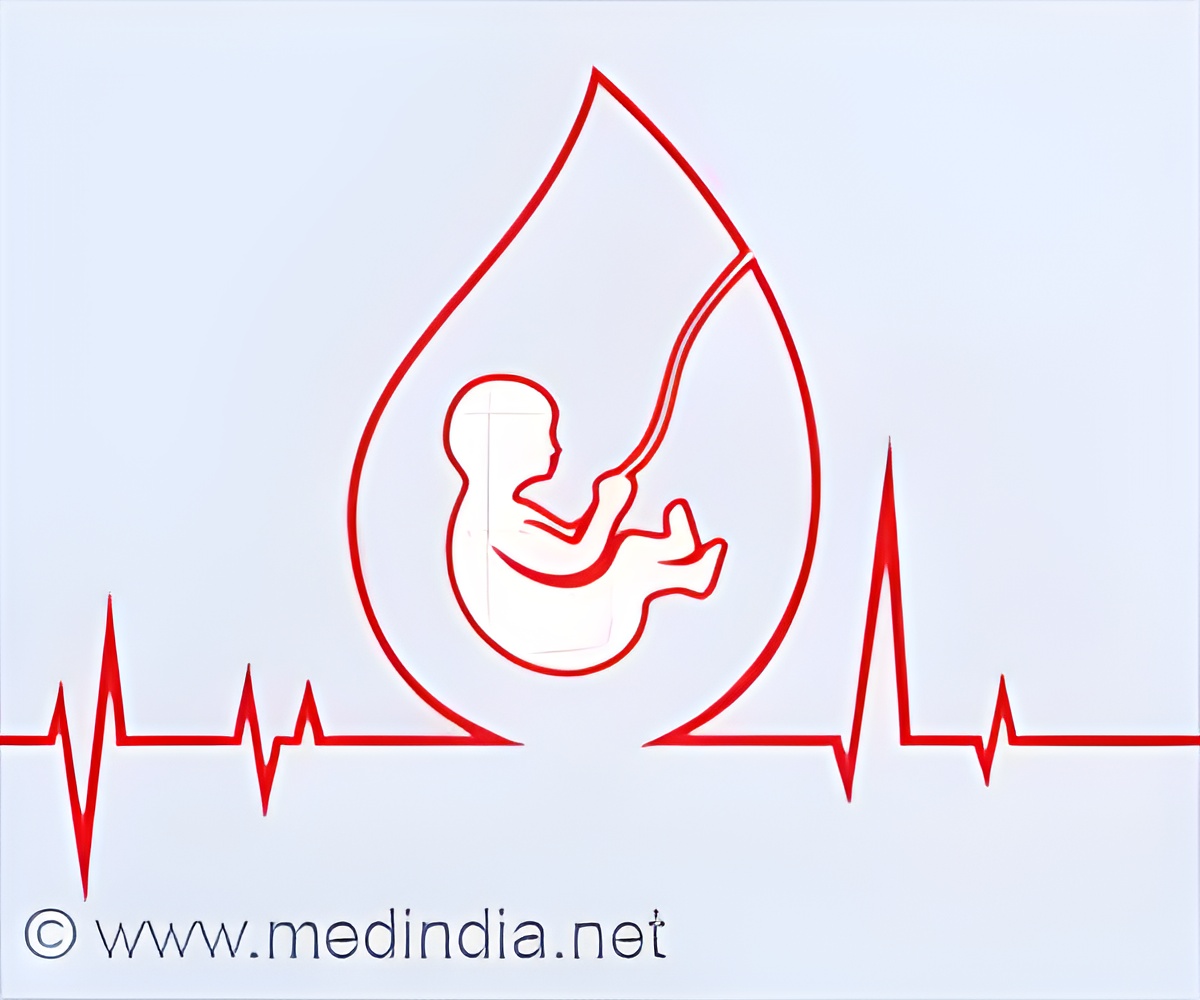
The statement, “Optimizing Prepregnancy Cardiovascular Health to Improve Outcomes in Pregnant and Postpartum Individuals and Their Offspring,” summarizes the available data connecting a woman’s heart health ― including the physical, environmental, and cognitive experiences in childhood and young adulthood ― to the health of the children born to her. It also highlights the need for more research and for public health interventions to support improving women’s heart health throughout life.
“The biological processes that contribute to adverse pregnancy outcomes begin before a person is pregnant,” said Sadiya S. Khan, M.D., M.Sc., FAHA, chair of the scientific statement writing group and an assistant professor of medicine (cardiology) and preventive medicine (epidemiology) at Northwestern University’s Feinberg School of Medicine in Chicago. “Therefore, it is necessary to focus on optimizing cardiovascular health before pregnancy. The data indicate that cardiovascular health has an intergenerational relationship. The time prior to pregnancy is a critical life stage that affects the health of the person who becomes pregnant, and the children born to them.”
‘Want to have a healthy pregnancy? Living a heart-healthy lifestyle before pregnancy can reduce a wide range of pregnancy complications.’
Read More..Tweet it Now
Read More..
Advertisement
How to Measure Heart Health?
The key factors to measure cardiovascular health are based on the American Heart Association’s Life’s Essential 8, which includes a heart-healthy diet, regular physical activity, nonsmoking; healthy weight, blood pressure, blood cholesterol, and blood sugar; and healthy sleep. Using Life’s Essential 8 to assess cardiovascular health in the United States, researchers found that just 1 in 5 people in the U.S. ages 2 years and older have optimal cardiovascular health.Advertisement
Does Poor Heart Health Affect Pregnancy?
Low levels of pre-pregnancy cardiovascular health are associated with several pregnancy complications, such as preterm birth, gestational diabetes, high blood pressure, preeclampsia, or giving birth to an infant who is small for gestational age. These pregnancy complications are also linked to a higher risk for cardiovascular disease among the offspring, according to the latest research:- Being born preterm is associated with a 53% higher risk for heart disease by age 43.
- Having type 2 diabetes before becoming pregnant is associated with a 39% higher risk of cardiovascular disease among offspring by age 40.
Advertisement
Live a Heart-healthy Lifestyle Before Pregnancy
“If a research trial focused on cardiovascular health before pregnancy successfully reduced pregnancy complications and improved the mother’s and child’s cardiovascular health, it could be practice-changing,” Khan said.New studies to address the research gap in maternal cardiovascular health need to be carefully planned to include people from diverse racial and ethnic backgrounds who are underrepresented in clinical trials. The incidence of pregnancy complications and cardiovascular disease is disproportionately higher among people from diverse racial and ethnic groups, and this needs to be better understood.
How to Keep Heart Healthy During Pregnancy?
The statement also suggests that research on preventing or treating cardiovascular disease should investigate lifestyle changes like heart-healthy diet and physical activity in pregnant individuals, as well as strategies with medications known to be safe during pregnancy.Psychological health, stress, and resilience also need to be considered in optimizing cardiovascular health. Importantly, interventions are needed for women from groups who have been historically excluded from public health and research that are sensitive to the psychosocial stress of racial discrimination. Research shows that long-term stressors like continuing episodes of discrimination are associated with unfavorable cardiovascular health and a higher risk of pregnancy complications. Culturally responsive stress reduction and mindfulness-based interventions may offer a means to buffer stress from these lived experiences.
Ways to Improve Prepregnancy Heart Health
Community-based interventions are crucial to improving health equity among all individuals before pregnancy, especially for people from historically marginalized races and ethnicities who often face multiple barriers to optimal health. In addition, the influence of structural and social determinants of health requires interventions that change society more broadly, such as policies affecting health systems, education, income, housing, and food supply.“There is substantial opportunity to improve health across the life course and for multiple generations by improving prepregnancy cardiovascular health. However, the responsibility is one that should be embraced by all of us, not placed solely on individual women,” Khan said. “The prepregnancy period offers a unique window of opportunity to equitably address the increased incidence of adverse pregnancy outcomes, and to interrupt and improve the intergenerational relationship of poor cardiovascular health by focusing on individual-, community-, and policy-level solutions.”
Source-Eurekalert















